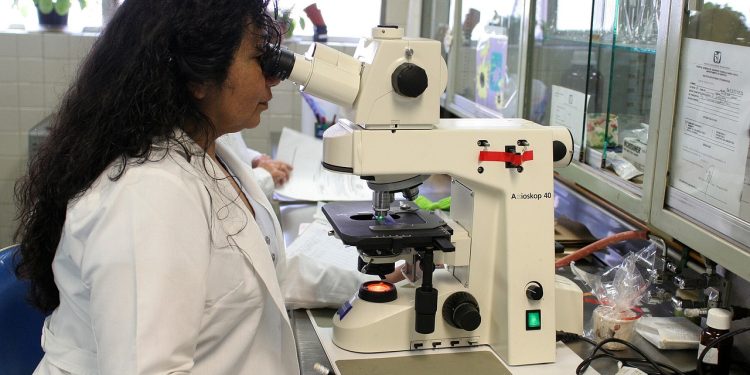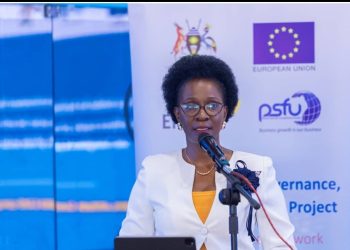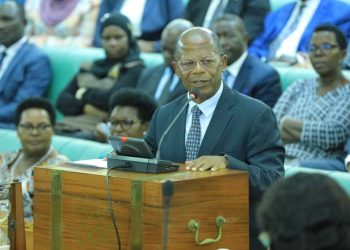Parliament has urged the government to establish a regulatory framework to govern and oversee DNA tests in the country.
Led by Deputy Speaker Mr. Thomas Tayebwa, lawmakers have expressed concerns about the negative impact of DNA tests on families and have advised relevant government officials to develop regulations to address this issue.
During a recent parliamentary session, Mr. Tayebwa emphasized the need for guidance on the current state of DNA tests, highlighting the distressing situations where innocent children are being affected.
He called upon the Prime Minister to address the nation and provide necessary guidance. The rising demand for DNA tests among men, as confirmed by Mr. Simon Mundeyi, spokesperson for the Ministry of Internal Affairs, has intensified the urgency for regulations.
Mr. Tayebwa acknowledged the hardships faced by men, stating that while mothers typically know the biological fathers of their children, men face significant challenges. He stressed the importance of implementing regulations to address these concerns.
Considering the gravity of the situation, Mr. Tayebwa directed that an official statement on DNA testing be presented in the House the following week, with a subsequent debate on the matter.
Dr. Chris Baryomunsi, the Minister for Information, Communication Technology (ICT) and National Guidance, affirmed the seriousness of the issue, emphasizing the need for intervention.
He expressed concerns about the potential negative consequences, including suicide cases, and highlighted the ongoing assessment to ensure accredited laboratories conduct DNA tests.
Dr. Baryomunsi cautioned against relying on non-accredited facilities that could provide misleading results.
“It is a very serious matter which is resulting into suicide and has to be addressed….an assessment is being carried out to check whether the laboratories [doing the DNA tests] are accredited because it would be possible [that] people may be running to laboratories and clinics which are not accredited by the Ministry of Health and could even be giving false results,” Dr Baryomunsi said.
Ms. Faith Loru Nakut of Napak demanded guidelines restricting DNA tests, proposing that they be limited to court orders or situations requiring problem resolution.
She emphasized the importance of protecting the mental health of children and preventing suicides among men. Ms. Nakut also raised concerns about individuals in Uganda fabricating DNA test results to defame women and evade their responsibilities as caregivers.
“Can we add DNA tests to [a] restricted list so that it is only done on a court order or to solve a problem?” Ms Nakut said, adding, “We want to save the mental health of our children and of men committing suicide. It is not adding value to the economy. There are people now in Uganda who are faking results in order to malign women, spoil their name and reject the children they are supposed to care for.”
Mr. Ronald Afidra Olema of Lower Madi County echoed the need for parliamentary guidance on DNA tests, citing cases where women were caring for children who were biologically fathered by other men.
He emphasized the importance of addressing this issue at the national level.


































































